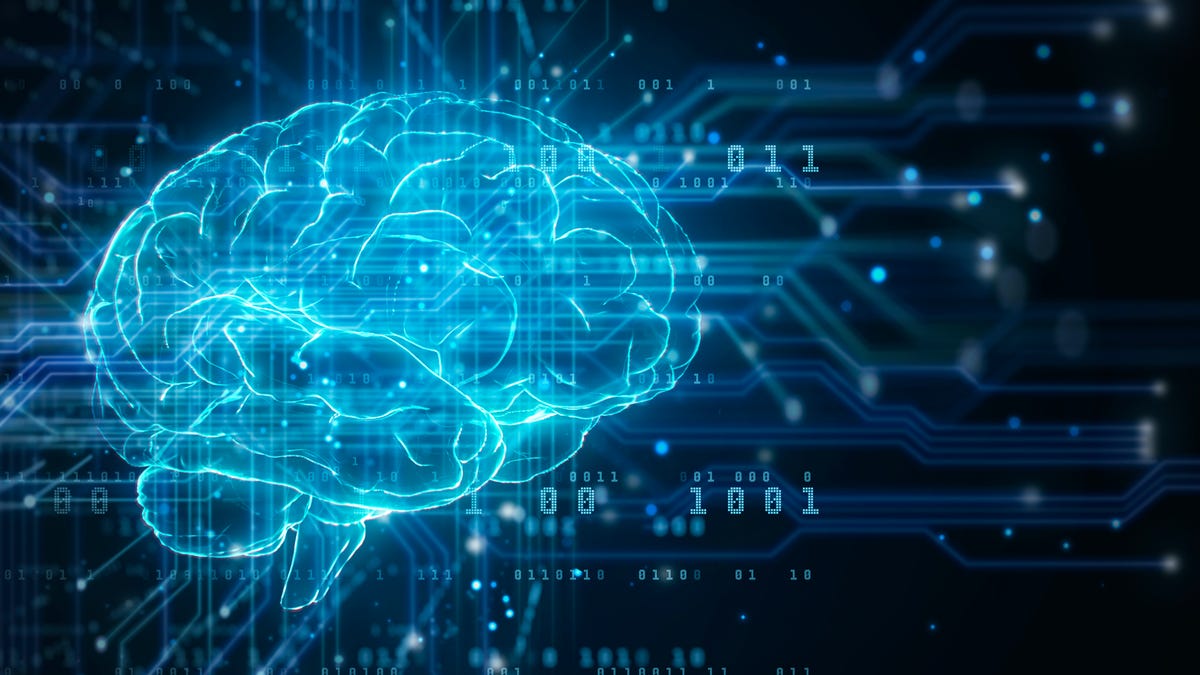Facebook Parent Meta Is Studying the Human Brain to Improve AI

Studying the human brain could be the key to improving AI.
What's happening
Facebook's parent company Meta says it's working on a long-term research effort that studies how the human brain learns language to improve artificial intelligence.
Why it matters
The research could eventually be applied to various products from virtual assistants to language translation tools.
Tech companies use artificial intelligence to detect harmful content, power virtual assistants, improve translation tools and complete other tasks .
But AI systems like the ones built by Facebook's parent company Meta still don't learn language as well as humans do. The social media giant is hoping to change that with a new long-term research effort that compares how the human brain learns language to how AI processes information.
The initiative shows how research scientists at Meta are trying to improve AI as it makes bigger bets on futuristic products such as a pair of augmented reality glasses that could help you find directions, view messages or play virtual games. AR overlays digital images over a person's view of the real world.
Jean-Rémi King, a research scientist at Meta AI, said the project can help improve AI used for various tasks, including ones that involve anticipating words or ideas that could come after a sentence or phrase. Unlike humans, who can learn quickly from small amounts of information, AI systems still struggle with simple tasks even when they're fed large data sets.
Virtual assistants, for example, have a better time understanding what a person wants if the task is well defined. Dealing with these assistants can be frustrating especially when they don't know what they're supposed to do. Improving how AI processes language can help improve products like virtual assistants that are trying to learn what people want or expect.
"Even though we see a huge progress in AI, it's still clear to many that we have a long shot before we reach human level intelligence," King said.
To conduct this research, Meta said it teamed up with neuroimaging center NeuroSpin and INRIA in France to study how the brain responds to certain words. Researchers are already learning the differences between the human brains and AI models trained to anticipate the next word.
In one study with INRIA, researchers compared AI language models to the brain responses of 345 volunteers. Participants listened to stories while their brain activity got recorded using functional magnetic resonance imaging.
Regions of the brain can anticipate words and ideas far ahead of time, Meta said. For example, AI language models would typically predict that the next word in the phrase "Once upon a…" is "time." Humans, on the other hand, would come up with plot ideas or narratives if they heard this phrase given that it's tied to telling a story.
Findings from those kinds of studies, King said, gives researchers a hypothesis about what can be done to improve AI but not the final answer.
"That's probably a good signal that if we push these algorithms to…make predictions further ahead in time, perhaps you will make them learn more efficiently," he said.

